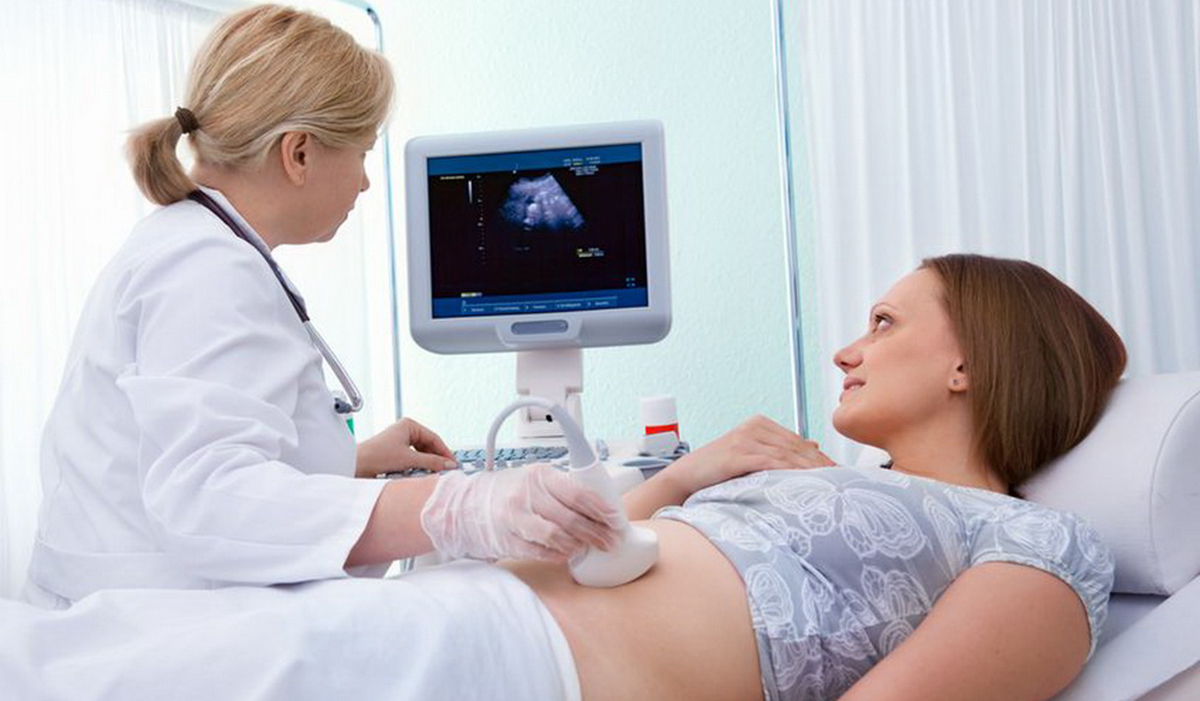Table of Contents
Most medications have warnings on their package insert stating that the drug may not be safe in pregnancy and during breastfeeding. The reason for this is because clinical studies are not done on pregnant women, in order to determine what outcomes these medications could have on them and their unborn children, since it would be unethical to expose these individuals to any unwanted side effects and risks.
Studies regarding pregnant women and new mothers and their newborns are then done by looking at data retrospectively. That is to say that information is collected after the fact and it is then analyzed and compared in order to determine whether certain medications do cause these individuals to be exposed to any problems.

A hypothesis existed that certain anti-depressant medications, used by mothers during pregnancy, had an increased chance of causing congenital defects in these babies. Researchers then decided to look at this topic and determine whether the hypothesis was true or not.
The study
Researchers from Swansea University analyzed data from the EUROmediCAT studies of more than 500,000 babies from Denmark, Norway and Wales. They discovered that women who had used anti-depressants belonging to the group known as selective serotonin re-uptake inhibitors (SSRIs), during the first trimester of pregnancy or during the first three months before pregnancy, had an increased risk of their unborn babies developing congenital abnormalities, such as cardiac defects, or having a stillbirth compared to those women who didn't take this anti-depressant.
6 in 200 pregnancies, where SSRIs were not used, had an adverse outcome of a major congenital abnormality or stillbirth, but this risk increased to 7 in 200 pregnancies in those who used the medication. Although the increase in risk is 1 in 200, the researchers stated that the severity of the outcomes is of public health importance because SSRIs are prescribed to over 2% of pregnant women in Denmark, over 1.5% in Norway and 5.5% in Wales. Therefore, the issue isn't that the increase in risk is small, but rather that SSRI use is high and can have a significant impact on the health of babies whose mothers use this medication.
READ Baby Blues and Postpartum Depression (PPD): Causes and Treatment
The clinical significance
The researchers of this study made the suggestion that physicians and ante-natal nurses perform the following actions:
- Review all women needing SSRI medication and not just those who are planning on becoming pregnant.
- Evaluate pre-pregnancy care when SSRIs are prescribed.
- Consider women who use alcohol or substances in excess as being at higher risk of adverse pregnancy outcomes when prescribed SSRIs.
- There should be a consideration of offering enhanced scans to at-risk women in order to detect serious cardiac defects.
- Ensure that women at risk of adverse pregnancy outcomes have appropriate levels of neonatal care when they give birth.
The message is clear though that women using SSRIs shouldn't stop taking their medication without consulting their doctors, and also discussing the benefits and risks of this medication and possible alternative natural therapies because good mental health is important for both mother and baby.
- www.medicalbrief.co.za/archives/ssris-pregnancy-increase-congenital-abnormality-risk/
- www.mayoclinic.org/diseases-conditions/postpartum-depression/basics/definition/con-20029130
- Photo courtesy of 123rf.com - stock photos
- Photo courtesy of
- Photo courtesy of


Your thoughts on this